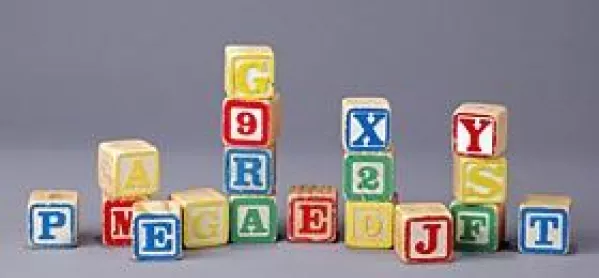Around a fifth of pupils leave school functionally illiterate and functionally innumerate, despite average achievement in the three Rs improving over the past decade, a new Government-funded study has found.
Sheffield University researchers synthesised more than 60 years of evidence on numeracy and literacy and concluded that standards have generally risen in England, with the highest skills among the best in the world.
But they also found a significant proportion of young people still lacked the basic skills needed to function in society.
Teaching union the NUT said the study, funded by the Government’s Skills for Life strategy unit, confirmed the “long tail of underachievement” already highlighted by the Pisa international comparative study.
The Sheffield report - The levels of attainment in literacy and numeracy of 13- to 19-year-olds in England, 1948-2009 - says the latest evidence shows that 22 per cent of 16- to 19-year-olds are functionally innumerate. Professor Greg Brooks, one of the study’s authors, said this had remained at around the same level for at least 20 years.
His report says this means people have “very basic competence in maths, mainly limited to arithmetical computations and some ability to comprehend and use other forms of mathematical information”.
“While this is valuable, it is clearly not enough to deal confidently with many of the mathematical challenges of contemporary life,” the report adds.
Levels of functional innumeracy are higher still among older age groups and even the 22 per cent is “higher than in many other industrialised countries”.
The latest evidence on reading shows 17 per cent of 16- to 19-year-olds are functionally illiterate and Professor Brooks said this had also been the case for at least two decades.
“People at this level can handle only simple tests and straightforward questions on them where no distracting information is adjacent or nearby,” his report says.
“Making inferences and understanding forms of indirect meaning, eg allusion and irony, are likely to be difficult or impossible. This is less than the functional literacy needed to partake fully in employment, family life and citizenship and to enjoy reading for its own sake.”
The Sheffield study found that average reading scores for 13- to 19-year- olds had improved between 1948 and 1960 and remained “remarkably constant” from 1960 to 1988. Data showed a “gentle rise” between 1997 and 2004, followed by a further plateau.
The researchers found no evidence on achievement in writing before 1979 and no significant change between 1979 and 1988. Examination scripts suggested this static picture continued until 2004.
But key stage 3 national tests showed a “substantial” rise in writing attainment between 1995 and 2007, while GCSE results suggested a plateau throughout the 1990s, with a gentle rise from 1998 to 2005 and a steeper increase to 2009.
There was “very little evidence” on numeracy before 1978, with a small improvement for 15- to 16-year-olds between 1978 and 1982, no significant change between 1982 and 1987 and a “substantial increase” in the maths GCSE pass rate between 1989 and 2005.
John Bangs, head of education at the NUT, said: “There are no magic solutions, but one-to-one tuition, support for parents, family learning and a quality professional development strategy for teachers all help.
“The message to Government is that they deconstruct what is already there at their peril.”
Original paper headline: 20% leave school `functionally illiterate and innumerate’




